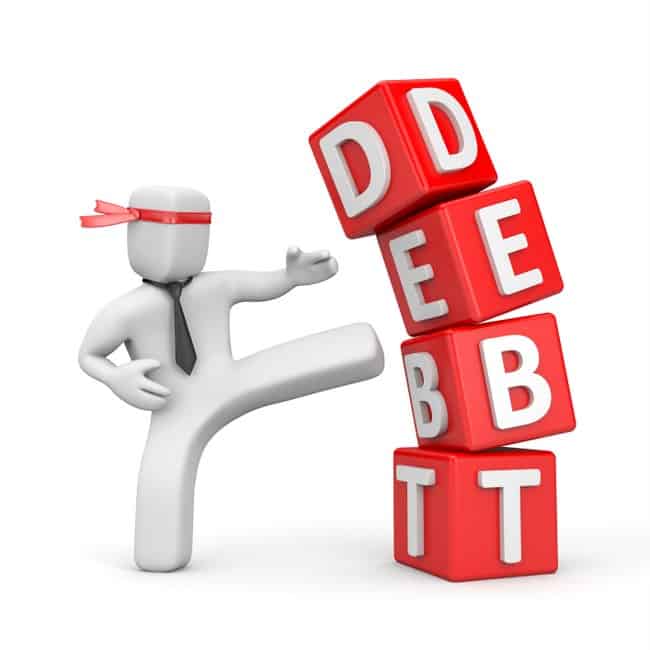The Best Ways To Handle Debt Recovery
Here is a typical scenario for a small business:
You put all your marketing and sales efforts to get that one client that can change everything for you. You negotiate and negotiate and finally they hire you to re-decorate their whole new office building. Big project and you are ready to celebrate. After the initial payment is processed you get to work and finish everything on time as agreed. And you wait for the remaining payment. And you wait, and you wait. And it never comes.
That’s only one story with an unfortunate end but it is not the only one. Many small businesses struggle with debt recovery especially when they work with big clients because they simply think they are not in the power position.
In a way, small businesses are even afraid to ask for their money. They don’t want to seem ungrateful for the provided job or ruin the new business relationship.
And debts never get paid.
There are three steps to managing debt and after years of experience, we are quite certain that this is the best ways to handle debt recovery:
First, and most importantly, don’t have debt to recover. Sure, you can’t completely refuse having credit sales because that’s the only way you can handle transactions sometimes.
However, you can quite successfully reduce credit sales by offering a percentage discount or gift for cash or immediate payments and early coverage of debts. This is how you can encourage clients to pay as soon as they can. Research has shown that even as little as 4% discount increases the rate of quick payments.
Additionally, you can try to protect your business by identifying clients that have been challenging in the past. Having specific rules like not providing credit sales for customers that haven’t paid in time previously can be a powerful tool for changing behaviors.
Second – take action as soon as possible. For example, doing something a simple as sending a letter of demand (and official document that requests prompt payment and acknowledges the debt but has no legal power) can be a wake up call for late-paying clients.
In most cases, just taking some action helps speed up the process immensely. Pick up the phone, call the client that owes you money and just ask for it. This doesn’t mean you need to be rude or disrespectful.
The thing is that the sooner you take some action, the sooner you have the chance of recovering that debt. And you need the money like yesterday, right?
Sometimes a simple phone call or email can release the tension and you might learn that the client has non-business related issues and is planning to make a payment anyway.
In the rare case, when none of those work it’s time for the third key to recovering debt fast: hiring a professional.
Professional debt collectors are needed very rarely for small businesses. In the most common case just consulting your lawyer would suffice.
You need a professional in cases where you see unwillingness from the client to make a payment, they are unresponsive or you have already sent out a letter of demand and not seen any reaction.
The next steps in debt recovery vary according to your business, the client’s financial situation and, of course, the size of the debt.
With so many things to take into consideration a lawyer is your best choice because she can tell you how to best handle each particular case in order to get the most debt recovered out of it.
She will save you going to court when there are no assets to cover the debt or will give you pointers as what to do if things get ugly.
These are three simple but important steps that comprise the best way to handle debt recovery.
If you follow them closely, we are sure that you will end 2015 with fewer accounts receivable and more cash.
Learn more about recovering debt fast and without going to court, here.
For help with recovering debt and legal proceeding, go here.


